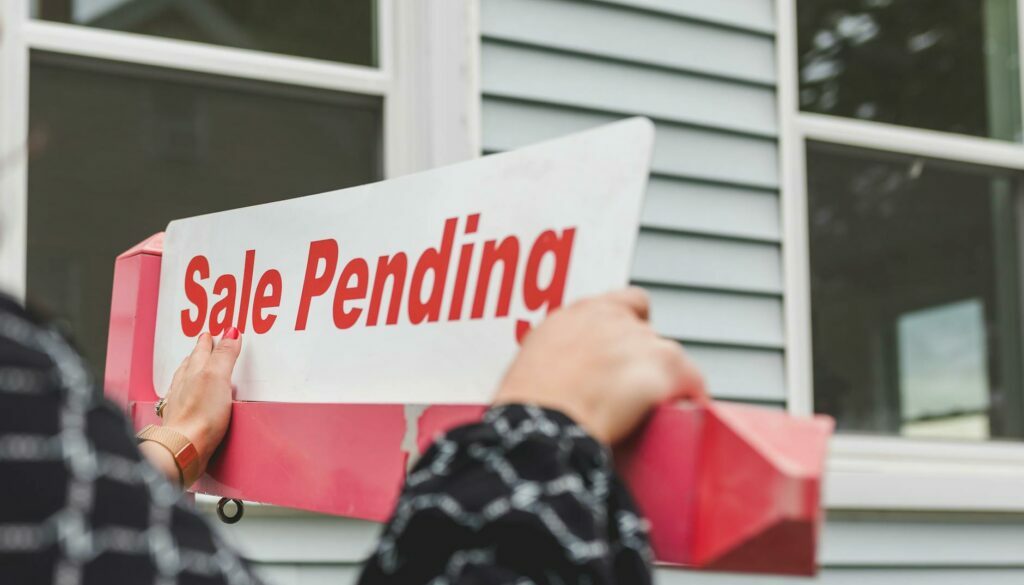What Are the Closing Costs When Selling a Home?
When you’re preparing to sell your home, it’s crucial to understand the various closing costs you’ll encounter. These expenses can significantly impact your bottom line, so being prepared is key to a successful and financially sound transaction. In this guide, we’ll break down the typical closing costs for sellers and provide insights on how to manage these expenses.
Overview of Seller’s Closing Costs
Closing costs for sellers typically range from 6% to 10% of the home’s selling price[7]. This percentage includes various fees and charges related to the sale of your home. Let’s dive into the specifics of what you can expect to pay.
Breakdown of Common Seller Closing Costs
1. Real Estate Agent Commissions
The largest expense for most sellers is the real estate agent commission. This typically amounts to 5% to 6% of the home’s sale price[6]. For example, on a $400,000 home sale, you might pay $20,000 to $24,000 in commissions, usually split between your agent and the buyer’s agent.
2. Title-Related Fees
- Title Search: $100 – $500[6]
- Title Insurance: 0.5% – 1.0% of the sale price (typically $2,500 – $5,000)[6]
3. Escrow and Closing Fees
Escrow fees typically range from $350 to $1,000[6]. These cover the costs of managing the paperwork and fund distribution during the closing process.
4. Transfer Taxes
Transfer taxes vary by location but are often a significant expense for sellers[6].
5. Property Taxes and HOA Fees
You’ll need to pay prorated property taxes up to the closing date[6]. If applicable, you may also need to cover prorated HOA fees.
6. Attorney Fees
If you choose to hire a real estate attorney, expect to pay $500 to $1,000 or more[6].
Additional Costs to Consider
1. Home Repairs and Improvements
Sellers often spend about 3.5% to 4% of their home’s sale price on repairs and improvements before listing[6].
2. Staging and Moving Costs
Professional staging can cost between $800 and $2,800[1]. Don’t forget to budget for moving expenses as well.
3. Mortgage Payoff
If you still have a balance on your mortgage, you’ll need to pay it off at closing[1].
Tips to Reduce Closing Costs
- Shop around for title and escrow services to find the best rates.
- Consider negotiating real estate agent commissions, especially if you’re selling a high-value property.
- Ask the buyer to cover some of the closing costs as part of your negotiation strategy.
- Time your sale strategically to potentially reduce prorated tax payments.
Conclusion
Understanding and preparing for closing costs is an essential part of the home selling process. While these expenses can be significant, being informed allows you to budget effectively and potentially find ways to reduce your out-of-pocket costs. Remember, every real estate transaction is unique, so it’s always a good idea to consult with a local real estate professional for the most accurate estimate of your specific closing costs.
If you’re considering selling your home and want expert guidance on managing closing costs, don’t hesitate to reach out to Greg Berkowitz and his team at bhhsli.com/contact. Their expertise can help you navigate the complexities of closing costs and ensure a smooth, successful home sale.
“


